Veteran Service Officers and Certification
A Veteran Service Officer (VSO) is a trained and certified professional who helps veterans navigate the complex world of benefits and services available to them. They can assist with a wide range of issues, including applying for VA benefits, filing claims, and finding healthcare and housing. VSOs are available at no cost to veterans and their families.
There are many ways that VSOs can assist Veterans. Some of them include:
- Help Veterans apply for VA benefits, such as compensation, pension, and healthcare.
- Provide information and guidance on VA programs and services.
- Represent Veterans at VA hearings and appeals.
- Advocate for Veterans on issues related to their benefits and services.
- Connect Veterans with community resources and support services.
The Department of Veterans Affairs (VA) certifies veteran service officers (VSOs). To become a certified VSO, an individual must meet certain requirements, such as having a background in veterans’ affairs and passing a written exam. Certification is an important step in ensuring the VSO knows what they are doing. There are many so-called Veteran advocate agencies in the United States, and a lot of them are simply in the business to make money off of Veterans. They usually do NOT have a certification with the VA and, as such, cannot actually file the claim with the VA on your behalf. VSOs, being accredited by the VA, have access to file paperwork on your behalf.
Having a certified VSO working with you also has other benefits.
Expertise and Knowledge: Certification ensures that the VSO has undergone specialized training and possesses the necessary expertise and knowledge to assist veterans with their specific needs and entitlements. They must be well-versed in federal, state, and local laws and regulations concerning veterans’ benefits.
Accurate and Updated Information: Veterans’ benefits and services are subject to changes in laws and regulations, and staying up-to-date can be challenging. Certified VSOs are required to maintain their knowledge regularly, ensuring they provide accurate and current information to veterans.
Quality Service: Certified VSOs are equipped with the skills to offer high-quality assistance to veterans, helping them navigate complex processes and access the benefits they deserve. This can lead to better outcomes and a smoother experience for veterans seeking support.
Trust and Credibility: Certification provides a level of trust and credibility for both veterans and the organizations that employ or collaborate with the VSO. It assures veterans that they are receiving assistance from a qualified and trustworthy professional.
Advocacy and Support: Veterans often face various challenges when accessing their benefits, and a certified VSO is better prepared to advocate on their behalf. They can navigate bureaucratic processes, assist with paperwork, and represent veterans in their dealings with government agencies.
Compliance and Ethical Standards: Certified VSOs are required to adhere to ethical standards and maintain compliance with relevant laws and regulations. This ensures that veterans’ rights and privacy are protected throughout the assistance process.
Recognition and Opportunities: Some government agencies and organizations may require certification as a prerequisite for hiring VSOs or partnering with them. Being certified can open up more opportunities for a VSO to serve veterans effectively.
To find a VSO in your area, you can contact the VA’s National Call Center at 1-800-827-1000 or visit the VA’s website at www.va.gov.

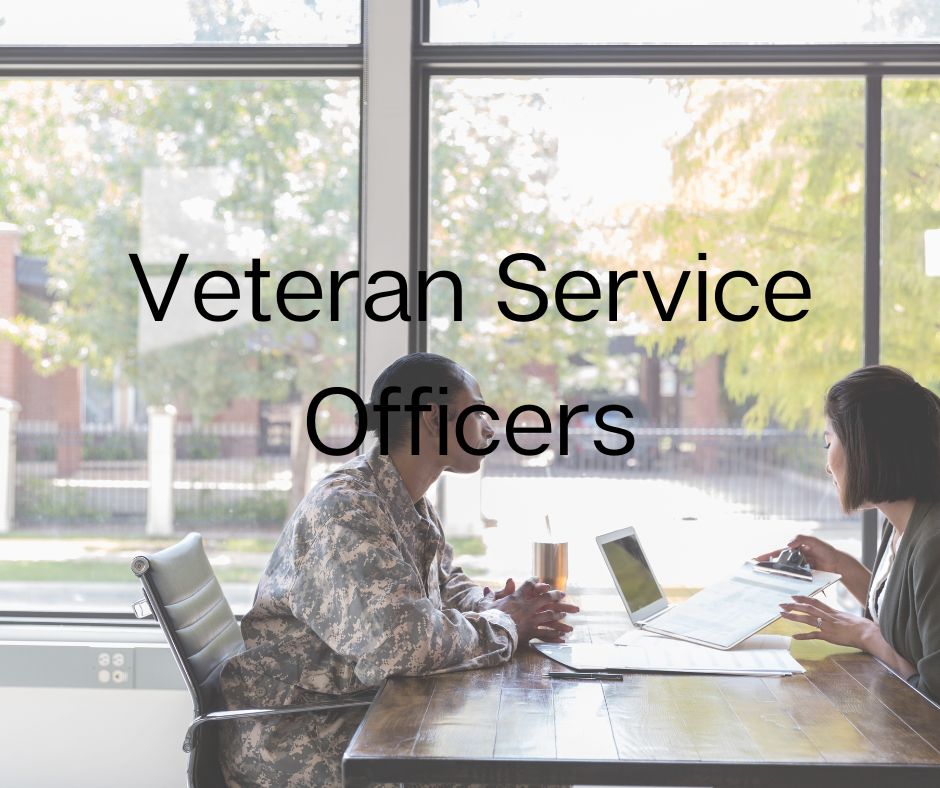
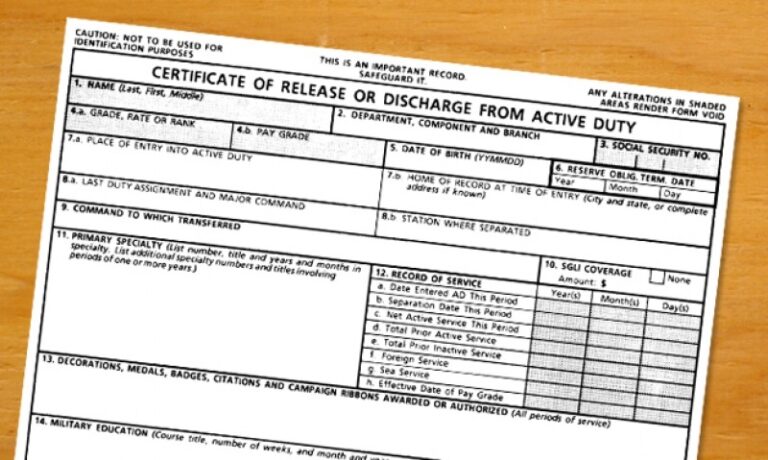
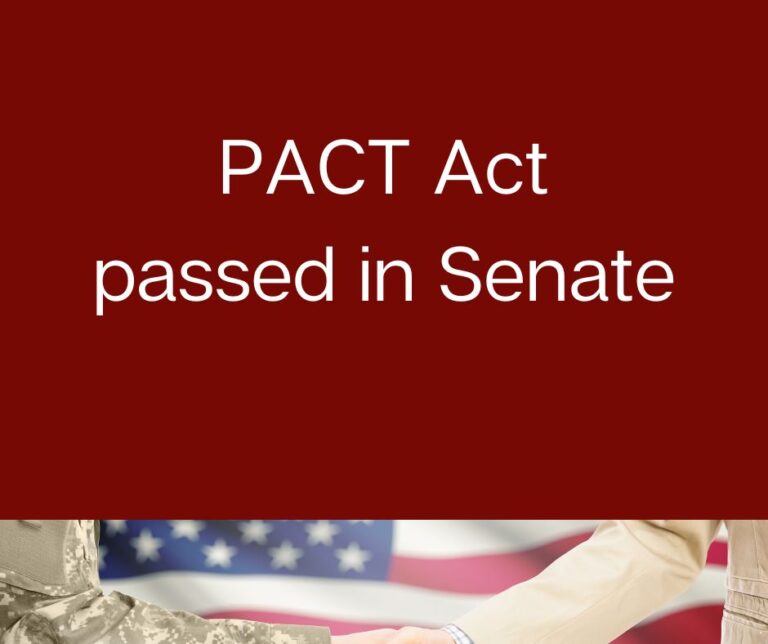
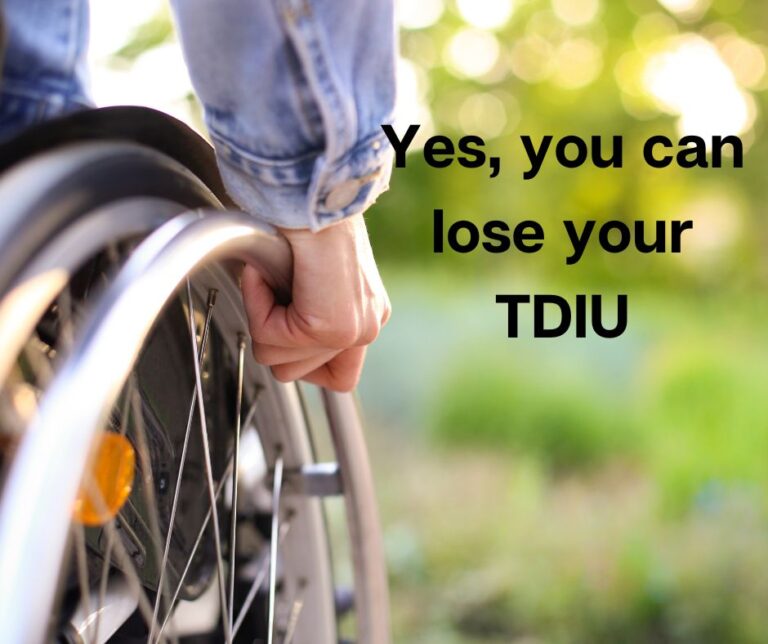
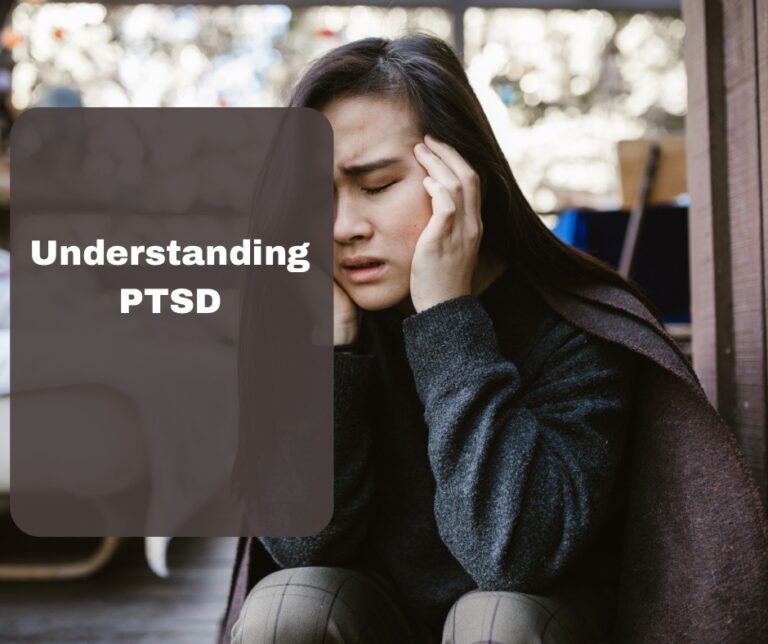
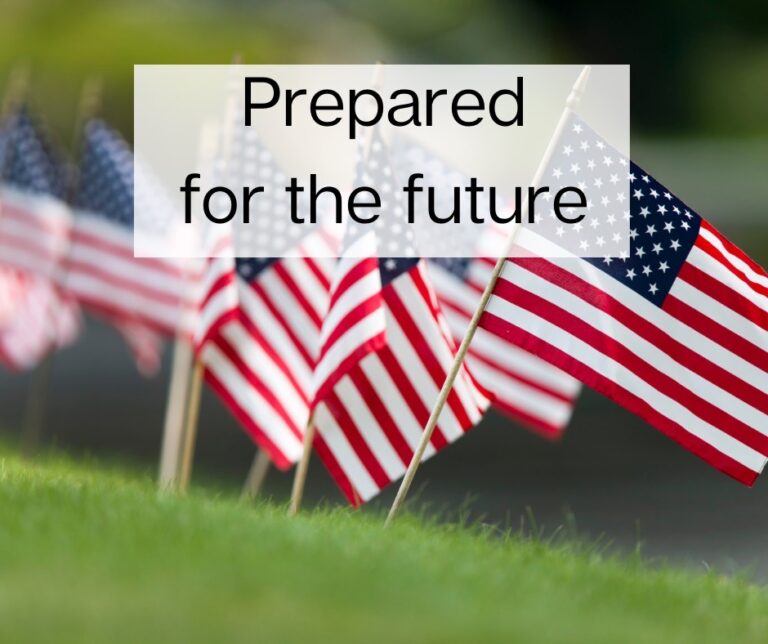
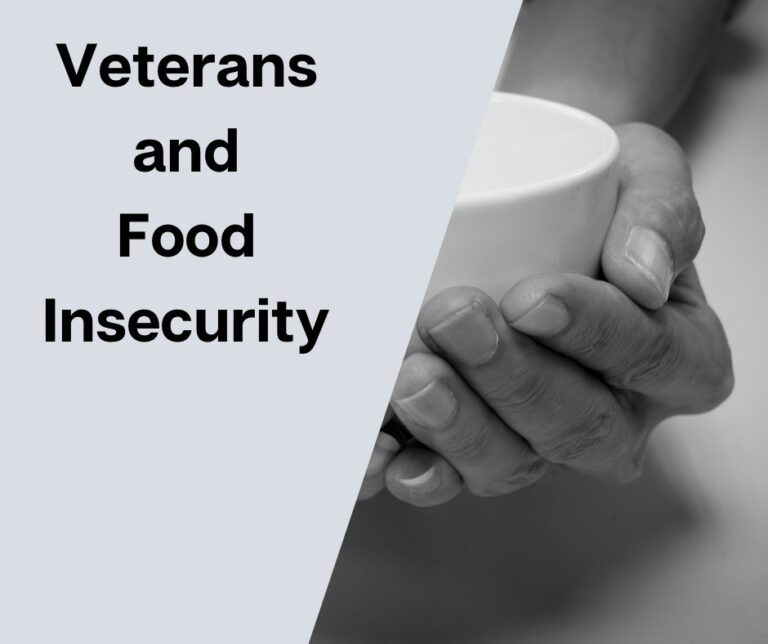
Is Gary Letterhouse a certified veterans service officer in Pennsylvania? Is his certification showing that he has been re-certified and is up to date? His address is 5 School Street, Douglasville, Pa.
Hello Linda, The only guide I go by is the Accreditation Search with the VA. It allows you to search for accredited Service Officers all over the nation. I did not find Gary Letterhouse listed, but I would suggest you do a search. The Search website is the official list from the VA of everyone certified with them. The site is https://www.va.gov/ogc/apps/accreditation/index.asp?
How do you become
A VSO? I recently retired and learned so much during the process. I am
In the process of establishing a nonprofit to assist servicembers as they transition.
I have helped so many people during my transition and want to continue through my nonprofiT of doing so. With so many people making servicemen’s and vets pay(I highly disagree), I want to educate them on the ins and outs before they start their process.
Thanks and have a blessed day!!
Hello Jessie,
The easiest way is to get with a local VSO. Check your county veteran services, they should have a VSO on staff. If not, you can check with your local American Legion or VFW and there is usually a VSO associated with them. In a nutshell, there is a book put out by a law firm, I’d have to look up which firm, which takes CFR 38 and puts it into easier to understand language. You will need to know a lot of the information contained in there, and then be set up by your local or regional VSO for a test. This is why I say the easiest thing to do is work with a local VSO to guide you through the process.
I hope that helps. Best of luck and if you decide to go ahead and get certified, drop us a line and let us know.
where can I find training on becoming a accredited Veteran Service Officer?
Hey Demetrius, I’ve addressed this question in the comment section below. See the question from Jessie below, my answer is below it.
I would like information on how to become a VSO. It took me several years to find a VSO who would return an initial phone call. When I finally did, he helped me file and then ghosted me after he answered one email around 5 months in and another one 6 months later. I contacted my congressman who put me in contact with a new VSO who is unable to meet with me for an initial appointment for another month. As of today, my claim has been in process for over a year (416 days) and I have only spoken to a VSO three times. He filed a claim, told me to be patient when I told him about a bad experience with a C& P Exam, and then said he’s set up an appointment and I haven’t heard from him since. Everything that has happened in between (filing supplemental claims, advocating to obtain exams within a reasonable time frame, requesting a new exam, etc.) I have done on my own. As it appears, I do not think I will be getting assistance from the new VSO before my claim closes. So, how does a person become a VSO without using a current VSO?
Hello LD. I have answered this question above for Jessie. That being said, you are asking specifically how to become a VSO without using a current VSO. First, we would suggest checking with your local Veteran Service Organizations (VFW, American Legion, DAV) and see if any of them have a VSO who works with them. If not, check your surrounding counties or your closes VA Hospital. We don’t suggest trying to become a VSO without some guidance along the way from an experienced Service Officer. The reason is, you can memorize the 800+ page “Veterans Benefits Manual” put out by NMVLSP, but every case is different. There will be a lot of questions in the first few months as you try to navigate through some of the cases that you are helping Veterans file. And, even though as a VSO you are accredited by the VA, you will have to fall under a service organization recognized by the VA (such as the VFW or American Legion). You can email us at info@nwavet.org if you would like some assistance in finding a Service Officer who would be willing to assist you with the steps to become certified.
I went through some VSO training with the VFW and I don’t feel the training was really all that well put together to even begin to start assisting veterans. Where can I get some better more professional training?
Contact your local VSO office. I got a clerk job with our county VSO office but once I started to pick up on claims, they offered to help me get accredited with Texas Veterans Commission. It’s about a year long process for all the training, work hours, background check, fingerprinting, and VA clearance. There are many organizations out there who offer to help you get certified, but I would stick to the large, well-established organizations like TVC, DAV, American Legion.